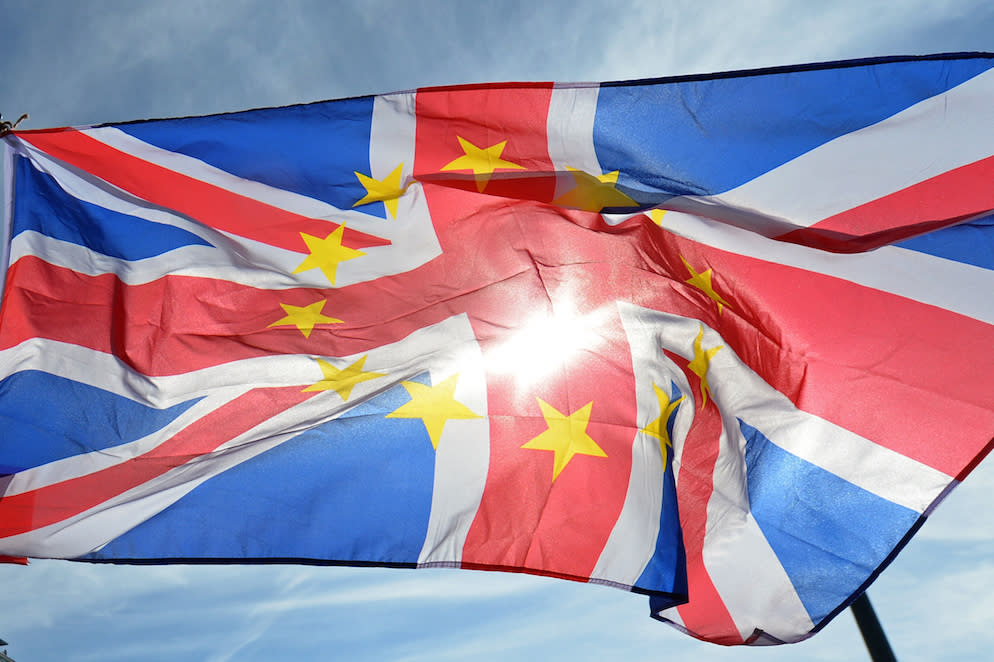The British public are wrong about the key facts of Brexit, says poll

The British public have got the key facts about Brexit wrong, a poll has revealed.
When public perceptions were tested against vital facts about the UK’s relationship with the European Union, they were found to be inaccurate.
The study, carried out by the Policy Institute at King’s College London alongside pollsters Ipsos Mori and researchers at UK in a Changing Europe, found several discrepancies between facts and beliefs.
The study compared public perceptions with the findings of the recent government-commissioned study by the Migration Advisory Committee (MAC).
It found the public was wrong about a range of issues relating to Brexit, including immigration, healthcare, crime and unemployment.
Only 29% of the public knew that that immigrants from European countries pay £4.7 billion more in taxes than they receive in welfare benefits and services.
The study found that Leave supporters were least likely to correctly identify that this is the case (16%) and most likely to wrongly think that European immigrants contribute less than they take out (42%).
On the issue of crime, 56% of the public and 75% of Leave supporters wrongly thought that European immigration has increased crime levels, when the MAC report found no link.
MORE: Bad landlords can be sued for making tenants lives hell in bill backed by Parliament
MORE: Takeaway bosses guilty after teenage girl, 15, died from nut allergy following meal
In addition, 39% of the public and 53% of Leave supporters think that European immigration has led to a decline in the quality of healthcare services, when evidence from the MAC report shows this isn’t the case.
Two-thirds of the public (67%) have heard of the claim that the UK sends £350m a week to the EU, and 42% of these believe it is true, despite it being labelled a “misuse of statistics” by the UK Statistics Authority.
Those surveyed overestimated the proportion of the UK population that is from an EU country by a factor of almost three, thinking it’s 16% when it’s only 6%.
However, there were some things the public got right.
They guessed that 40% of UK exports go to EU countries, when the actual figure is 43%, and 47% correctly said that European immigration has increased house prices.

The UK public also knew that European immigration has had relatively little impact on unemployment among highly-skilled workers and the wage levels of both lower-skilled and higher-skilled workers.
Ipsos Mori surveyed 2,206 adults aged 18-75 from across the UK for the poll.
Professor Bobby Duffy, director of the Policy Institute, said: “We have had over two years and seemingly endless discussion of our relationship with Europe since the EU referendum – but still the public get a huge amount wrong.
“The best available evidence from a government-commissioned report is that the impact of immigration on our public finances, crime rates and health services is positive or neutral.
“But the perception among large proportions of the population is that the EU immigration has increased crime, taken money out of the system and decreased the quality of health services.
“These misperceptions are not all about us being misled or our own ignorance of the facts – they are more emotional than that. We exaggerate what we worry about, so what we get wrong is as much a reflection of our concerns.”
Professor Anand Menon, director of the UK in a Changing Europe, said: “The evidence here underlines the scale of the challenge facing those interested in improving public knowledge about, and understanding of, key policy issues.
“Overcoming misperceptions is a necessary and urgent task, and one that is far more challenging that many assume.”


